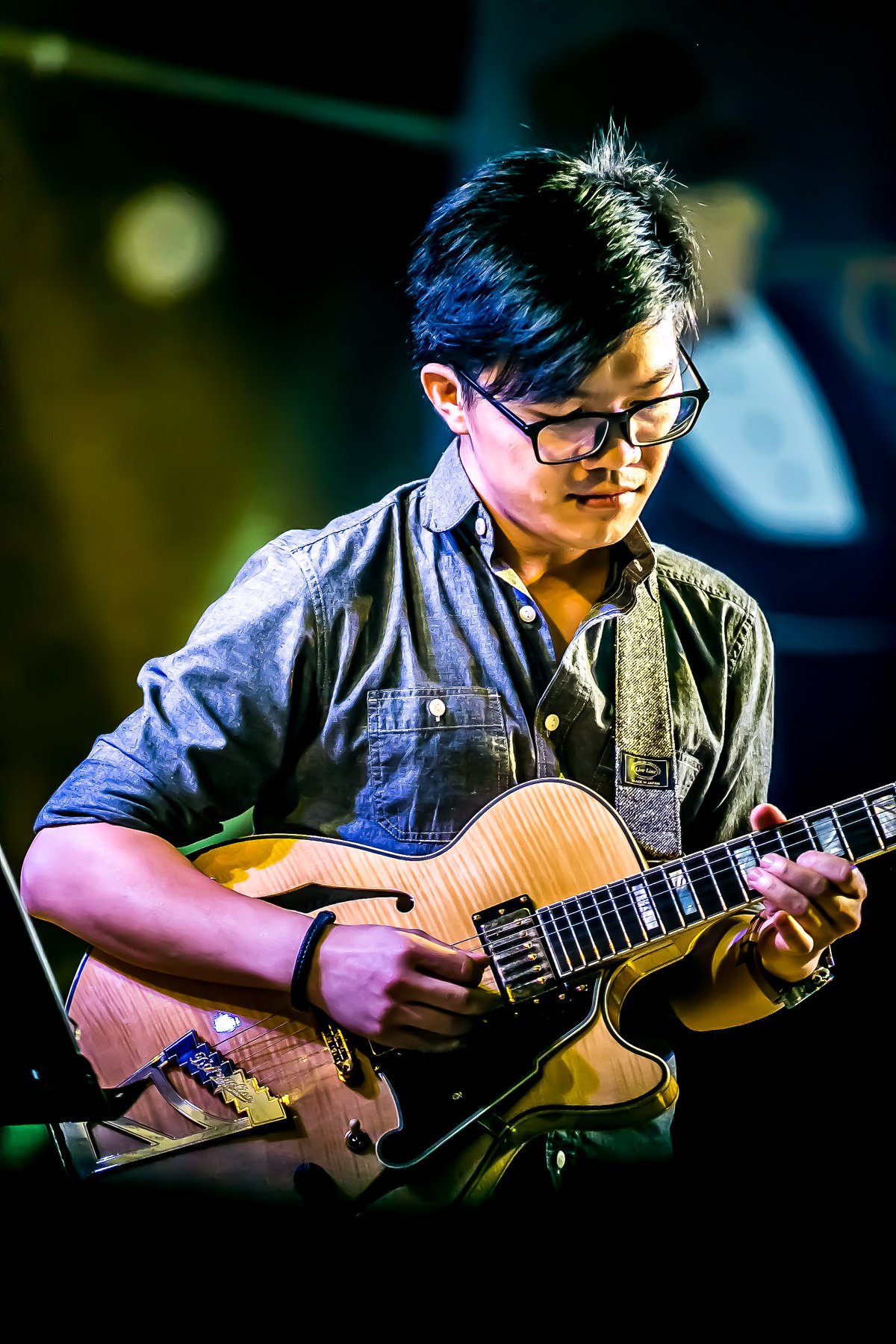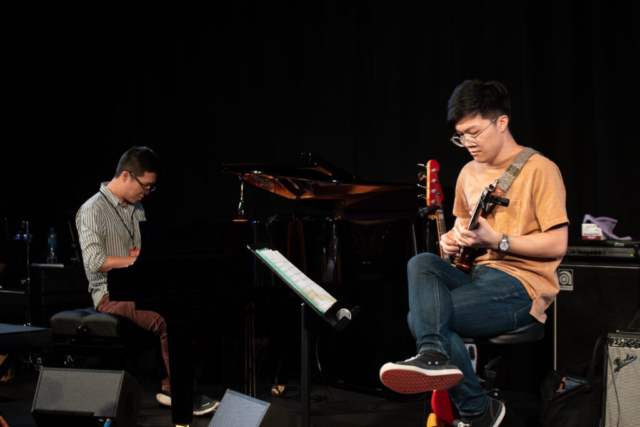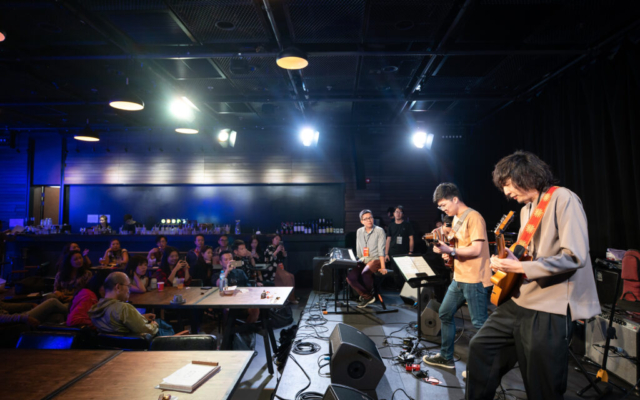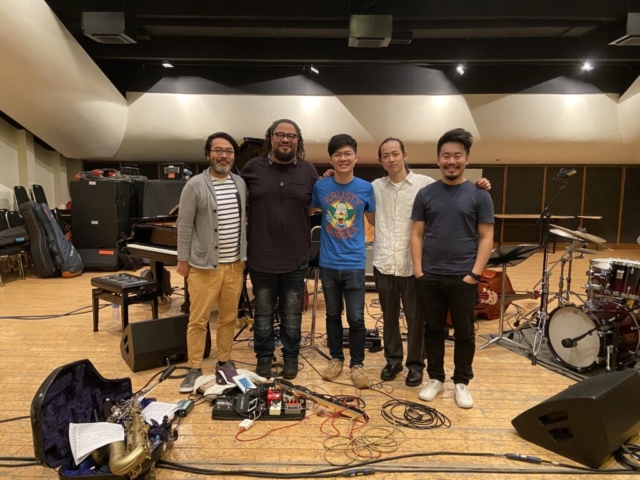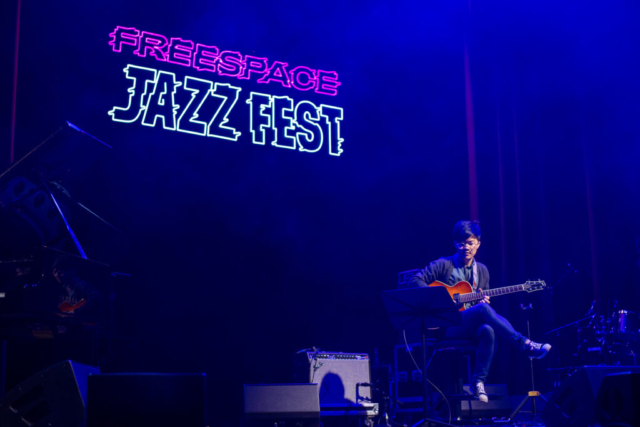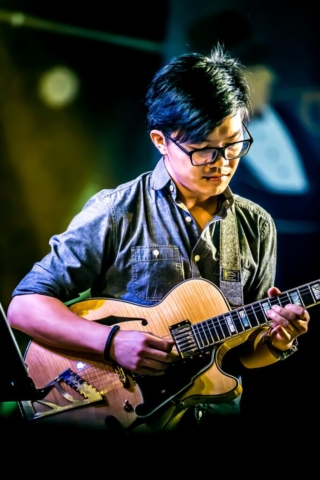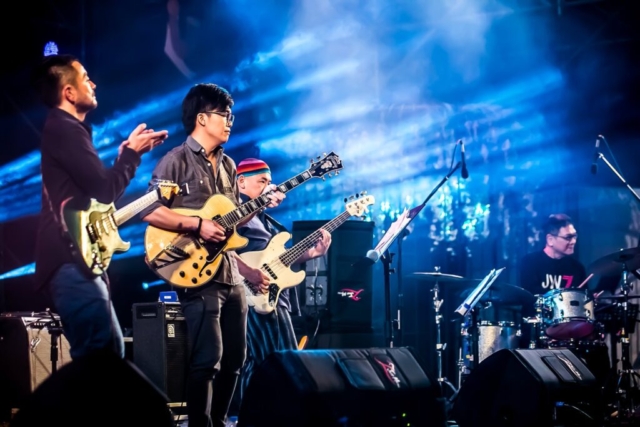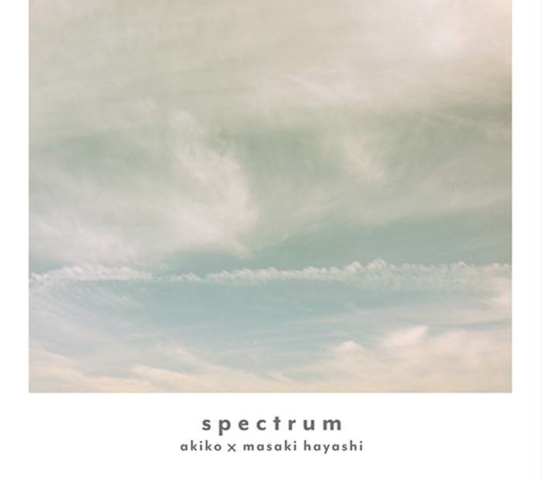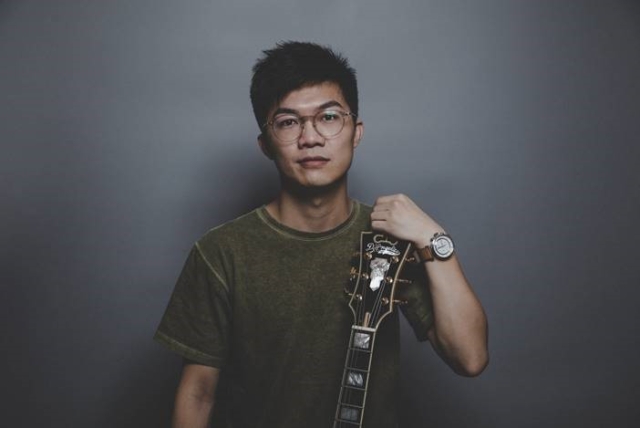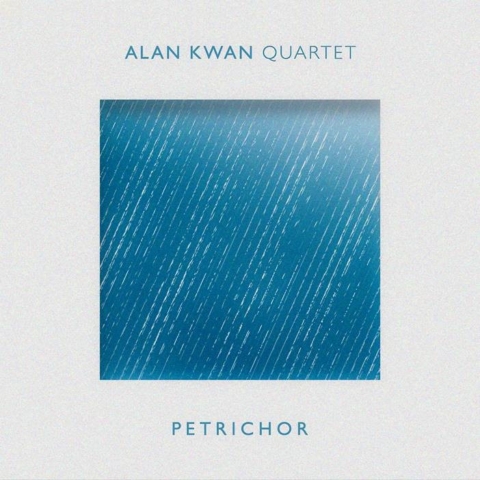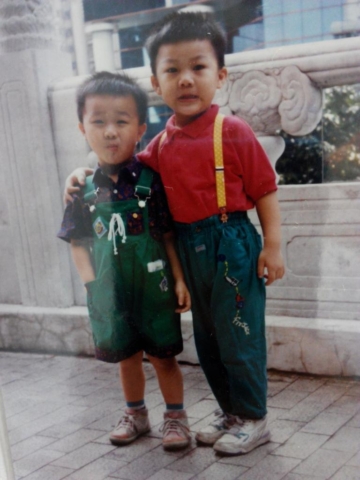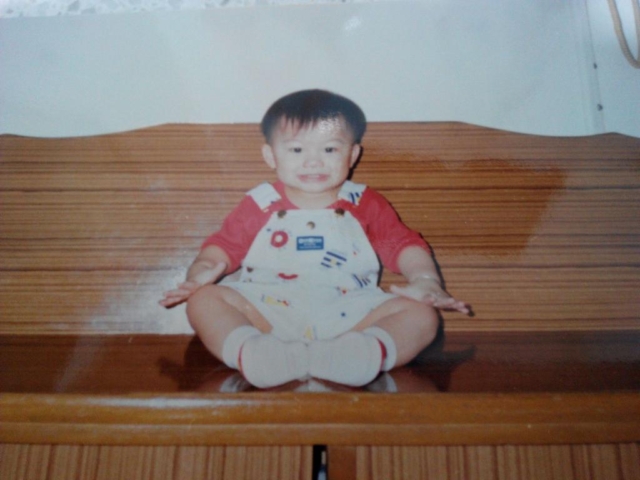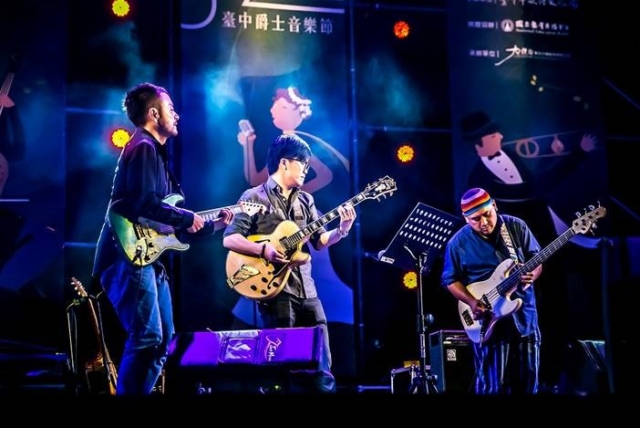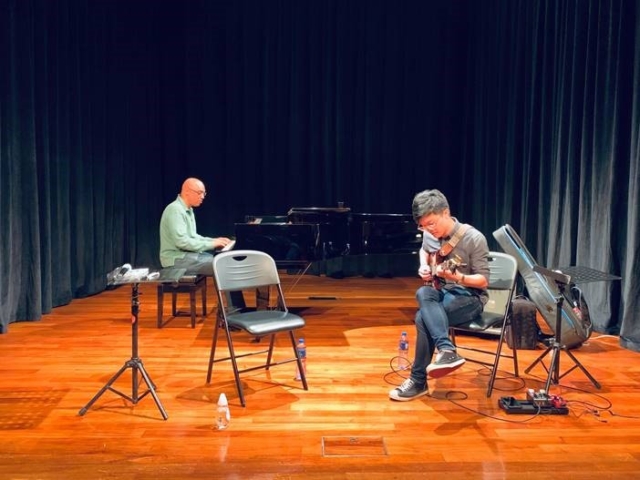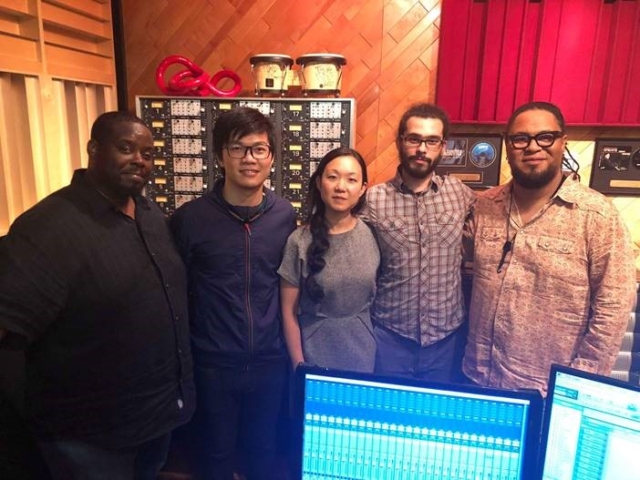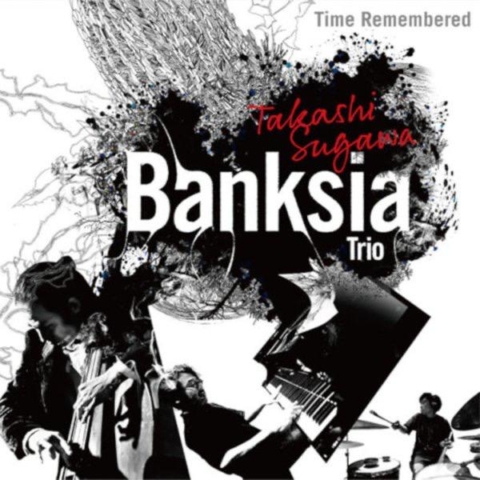16-07-20
In the old days, when we loved a song, we saved pocket money and went to a music store to buy vinyl record, cassette tape and compact disc. Internet has affronted and changed human civilization. We could no longer gently ‘touch’ the songs. Now, online ‘streaming platforms’ such as Spotify offer a huge library of songs, albums and playlists online. ‘Streaming’ works by transmitting music information from a server to your mobile phone, computer or whatever device which becomes a record player. Some condemn that the music received from streaming is low sound quality. This is currently true but technology will improve. Listeners care about quantity and convenience more than quality. The ease of finding and enjoying a song online is the real attraction. It was said that at present, more than 70% of the revenue from recorded music business was produced by streaming.
The wide music variety offered by streaming has made listeners more individualistic. Music is under the huge influence of personalization which has done so much to destroy the notion of ‘mainstream or pop music’. It is now hard to produce world stars like Michael Jackson and Madonna any more as music lovers have a world of their own and will not just follow the popular taste.
Hong Kong young indie jazz artist Alan KWAN Ka Kit said, “As the pop music market shrank, record company, composer, lyricist and singer all became more desperate to keep the market. People underestimated themselves when they should make a breakthrough. At the end, someone or something always gave up. Pop music became monotonous and many songs were twins. The date at which a song was written has no significance whatever. Most songs are written for karaoke but karaoke is not meant for people who can sing professionally. At karaoke, people want to sing simplistically for 3 reasons: for fun, for expressing love or for falling out of love. Music is secondary to lyrics.”
Alan Kwan is a brilliant jazz guitarist and composer based in Hong Kong and New York City. He was born in Hong Kong and graduated from St. Louis School. He started playing guitar at the age of 14. In 2009, Alan moved to the United States to pursue his music education: first in the University of North Texas and then by completing the Master Degree of Music in Jazz Performance at Queen’s College, where he was able to tap into the New York professional jazz scene. He has performed and recorded with a number of well known jazz musicians such as Eugene Pao(包以正), Ted Lo(羅尚正), Billy Childs, Dayna Stephens, Takashi Sugawa(須川崇志) and Rich Huang(黃瑞豐). Alan is an international rising star in jazz. He laughed, “After a taste of stardom, everything else is struggle, loneliness and starvation in Hong Kong.”
I disagreed, “When mainstream or pop music has slowly been falling under the radar, the indie, alternative, hip-hop and neo-soul genres are becoming increasingly popular. Brother, here is the chance to make your music profile stand out!”
Indie means independent music: it is the music produced away from commercial record labels. It is a free, autonomous and ‘do-it-yourself’ approach to recording and publishing. As being independent, indie music, like indie rock and indie jazz, do not fall into the defined traditional musical style. Many artists choose not to go from an independent label to a ‘major label’ although it has power and resources to promote their products. Even if given the opportunity, they want to remain free.
Alan said, “I do not wish to classify what I did. I look at things from one angle: I love music and this is why I do it. Money and fame are surely great motivations. But, bad music made by me can make me depressed.”
I challenged Alan, “Jazz or indie both imply a small market. Apart from your online streaming supporters, whom can you rely on to survive?” Alan clenched his fist, “Answer is simple. We have to go abroad. Hong Kong artists must try to be adventurous. I looked and am looking hungrily for overseas opportunities. I performed in the United States, Japan, Taiwan and Macau. In future, a musician, if not a virtual being, will be a bird.”
I added, “Some record companies try to group and place indie artists in baskets and distribute their works as the pop trend. I am against this. Freedom and diversity will be the right and unprecedented directions for music in Hong Kong. I do not like K-pop(Korean pop music) which only trained up robotic singing and dancing idols.”
Alan agreed, “If Cantopop fades away, let it go, we shall not mourn. We should work hard together to open a new chapter for Hong Kong music. Let more young and independent talents rise although they may not be handsome or pretty for commercial purposes.”
The migration of Hong Kong music from a dead spirit to a newborn body is now needed and will be inevitable. Streaming does not kill our music. It only kills the old ways of doing music business. For those who are still using a cookie cutter to cut out biscuit dough in the old way, they will be doomed to fail.
This article can also be found at the following sites:




